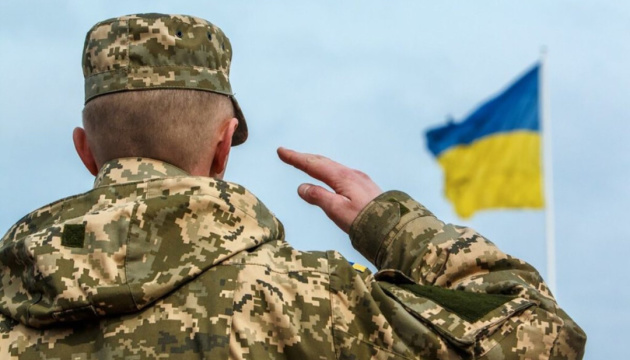Lawyer
Legal aspects of organizing regular humanitarian convoys to the occupied regions
1. International legislation
International law provides a legal basis for the organization of humanitarian convoys to occupied regions. In particular, the Geneva Conventions and additional protocols to them provide for the protection of the civilian population during armed conflicts and oblige the parties to the conflict to allow and facilitate the delivery of humanitarian aid. It is also important to observe the principles of neutrality, impartiality and humanity.
2. National legislation
The national legislation of each country may have its own peculiarities regarding the organization of humanitarian convoys. In Ukraine, for example, the Laws "On Humanitarian Aid" and "On Ensuring the Rights and Freedoms of Citizens and the Legal Regime in the Temporarily Occupied Territory of Ukraine" regulate the procedure for providing humanitarian aid and ensuring its delivery to the occupied regions. An important aspect is also the interaction with the state authorities responsible for security and coordination of humanitarian aid.
3. Consultation of a lawyer
Consulting a lawyer is a key stage in the process of organizing humanitarian convoys. A lawyer can provide detailed information on the legal aspects of organizing convoys, help with the preparation of the necessary documents and ensure communication with the relevant state authorities. Consultation may also cover issues related to compliance with international and national regulations, obtaining necessary permits and licenses.
4. Analysis of documents
Analysis of documents is an important stage in the process of organizing humanitarian convoys. A lawyer should carefully check all documents related to the organization of convoys, including contracts with humanitarian aid providers, permits for the transportation of goods, as well as documents confirming the compliance of aid with humanitarian standards. This will help avoid legal risks and ensure compliance with all necessary regulations.
5. Legal opinion
A legal opinion is an official document drawn up by a lawyer based on the analysis of documents and legal norms. This conclusion sets out the circumstances of the case, the legal qualification of the actions that fall under the definition of the organization of humanitarian convoys, and recommendations on possible legal measures. A legal opinion can be used to justify the need to take certain measures to ensure the legality of actions and protect the interests of the organizers.
6. Legal opinion of the lawyer
The lawyer's legal opinion is aimed at solving the client's specific situation. The lawyer, evaluating the collected evidence and analyzing the legal norms, provides specific recommendations for the protection of the rights and interests of the parties involved in the organization of humanitarian convoys. This may include advice on dealing with legal conflicts, preparing documents for court proceedings and representing clients in court.
7. Cooperation with international organizations
Cooperation with international organizations, such as the UN, the Red Cross and other humanitarian institutions, is an important aspect of the organization of humanitarian convoys. These organizations can provide important support in the form of material resources, funding and expert assistance. It is also important to interact with them to ensure compliance with international humanitarian standards and coordination of actions.

































